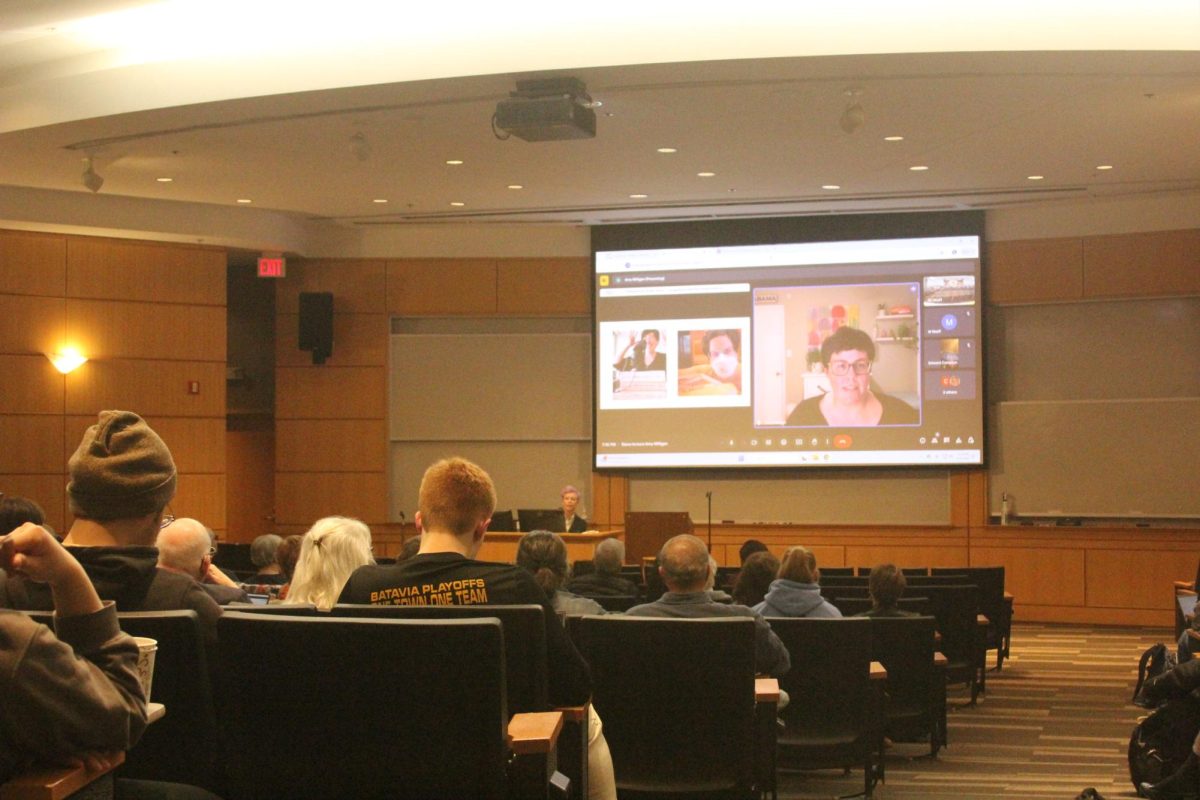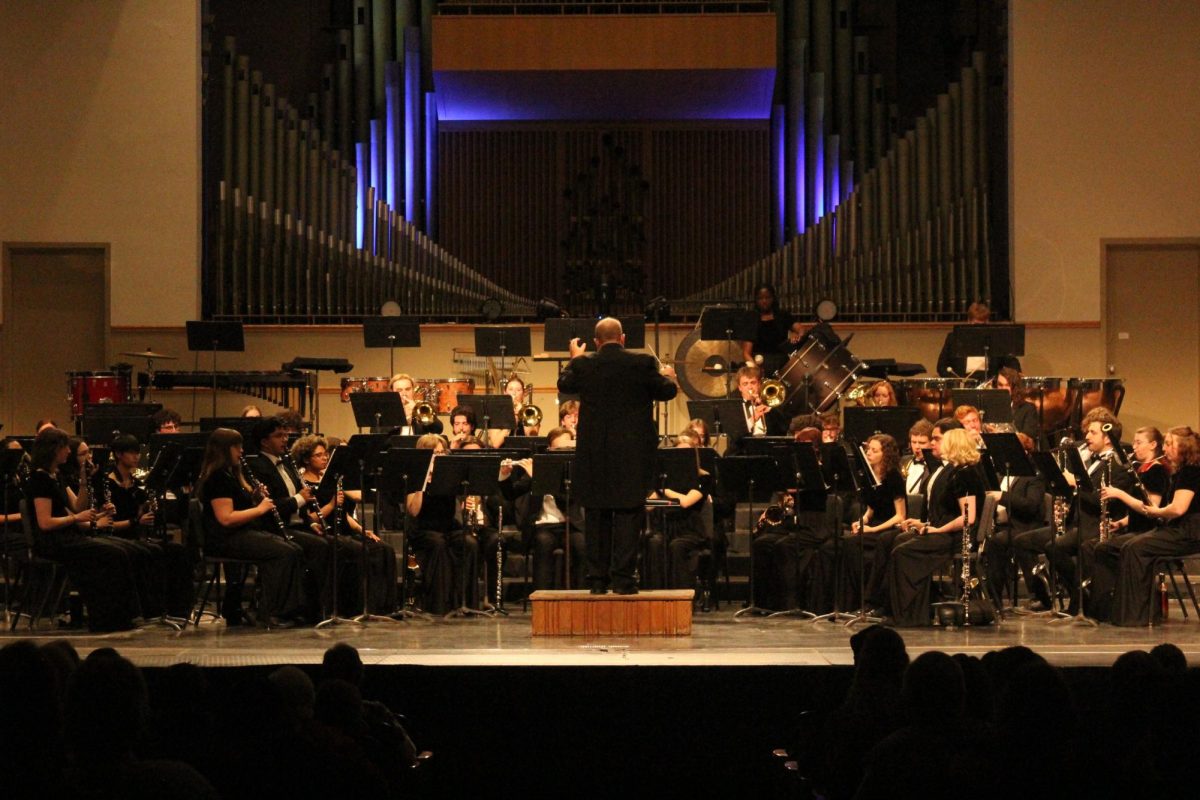f you’re someone who watches a lot of movies, you’re probably aware of the current popularity of film adaptations in Hollywood. As of 2017, about 55 percent of the one hundred top grossing movies in the United States were adaptations of prior works, and we’ve seen many more since then.
Currently, Disney seems eager to see all of its cartoon classics realized as live action films, and Hollywood keeps turning everyone’s favorite way-better-than-the-Hunger-Games teen fiction novels into actually-worse-than-Twilight movies.
Still, while this latter kind of adaptation may not always be worth your time, many people seem to enjoy cartoon-to-live-action movies.
“I think it’s pretty cool that we’re seeing all these animated films that are being turned into real life movies,” Senior Emma Samatas said, “For example, ‘Beauty and the Beast.’ That was really awesome.”
College-age people love to see their favorite cartoons turned into something they can enjoy as an adult, and Hollywood loves to provide.
Still, film adaptations do not boast infallibility in the eyes of the public.
People may appreciate an occasional nod to their childhood, but Hollywood often takes the things we love and runs with them until they’re tired and red in the face.
“Now it’s Dumbo, and Lion King, and Aladdin all at once, so it’s a little bit overkill right now,” said Samatas.
Young people welcome live action renditions of classic cartoons, but Disney should take care not to overdo it.
However, unlike their adaptive counterparts, pure remakes of prior films have lost a considerable amount of popularity in recent years.
Only around 4 percent of the one hundred top grossing films in 2017 were remakes, and this number continues to shrink.
While film adaptations are becoming more common and popularly demanded, remakes are experiencing quite an opposite shift in approval.
“I always have a problem with remaking movies in general,” said Amy Nicholson, first-year, “just because I’d rather have a new, original movie.”
It seems people dislike Hollywood’s occasional tendency to rely on the old and the pre-established — and perhaps for good reason.
Remakes possess a singular flaw that makes them dangerous to the cinematic world: their inherent lack of originality.
“It is kind of upsetting to think that they’re running out of ideas. I feel like remaking a movie is a cop-out,” said Nicholson, when asked about the future of cinematic creativity.
Adaptations, at least, provide a novel way to consume a pre-existing story; remakes offer to merely show us anew that which we’ve already seen. Thus, it makes sense that people would prefer the transformative ingenuity of an adaptation to the tiresome repetition of a remake.
Whether you like adaptations or not, Hollywood’s probably got a lot in store for us over the next couple of years. If you do, stay tuned for more rapid-fire doses of live action nostalgia; if you don’t, at least take comfort in the knowledge that the dull and uneventful life of the remake has entered its twilight years.
So, with that in mind, we can all look forward to new ideas and fresh stories as we patiently await the long-desired death of unoriginality. Until then, Aladdin will keep hitting the theaters once every few years.






































































































